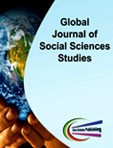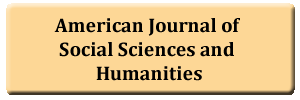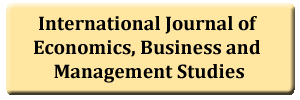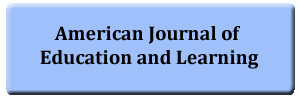Sensitizing Prospective Workplaces on the Needs of Students with Hearing Impairments
DOI:
https://doi.org/10.55284/gjss.v8i2.714Keywords:
Deaf and Hard-of-Hearing, Disability, Employability, Employment, Training ecosystem, Training models.Abstract
Social preconceptions and physical barriers can prevent people with disabilities from accessing education or training that prepares them for meaningful employment. As a result, they face challenges of poverty and exclusion from mainstream society. It is particularly difficult for Deaf and Hard-of-Hearing (DHH) people because the implications of their education and employment is often misunderstood. The research reported here interrogated training models used by the National Institute for Development and Training (NIDT) in Worcester, South Africa to find a model that would best suit students, the training institute, and prospective employers. A case study using mixed methods was employed to investigate how students could be trained and helped to find employment in DHH-sensitized work environments. The research paradigm was interpretive and purposive sampling provided information-rich participants. As the existing College Training Model did not serve the needs of students, two new training models were piloted. The results were compared with the existing model to ascertain which of the models was most successful. The model in which employers, staff and students were involved in recruitment, training and employment was the most successful, but there were still gaps that needed further research. A holistic, student-centred training ecosystem in which training providers and employers take equal responsibility in the training and employment processes is necessary.





